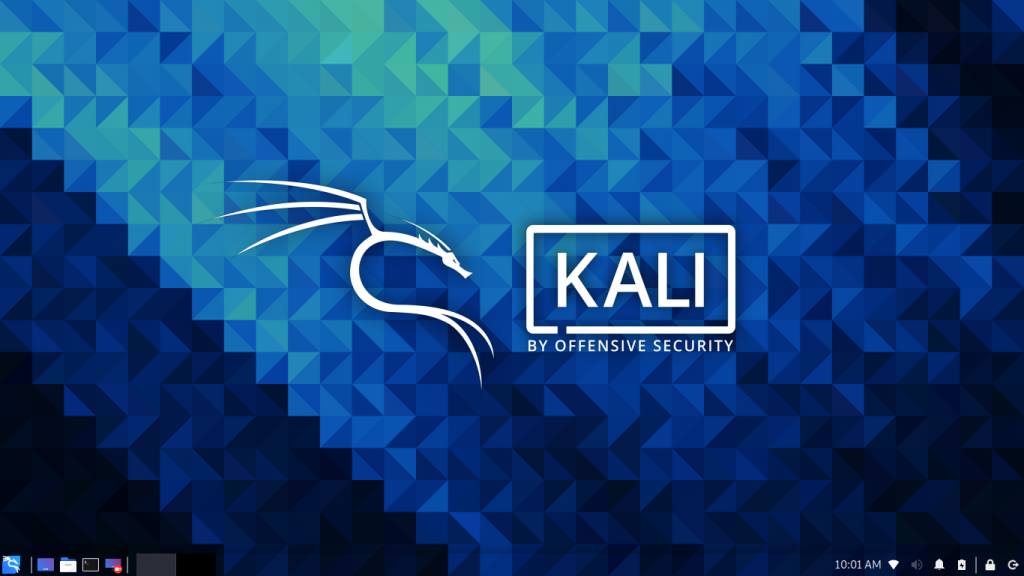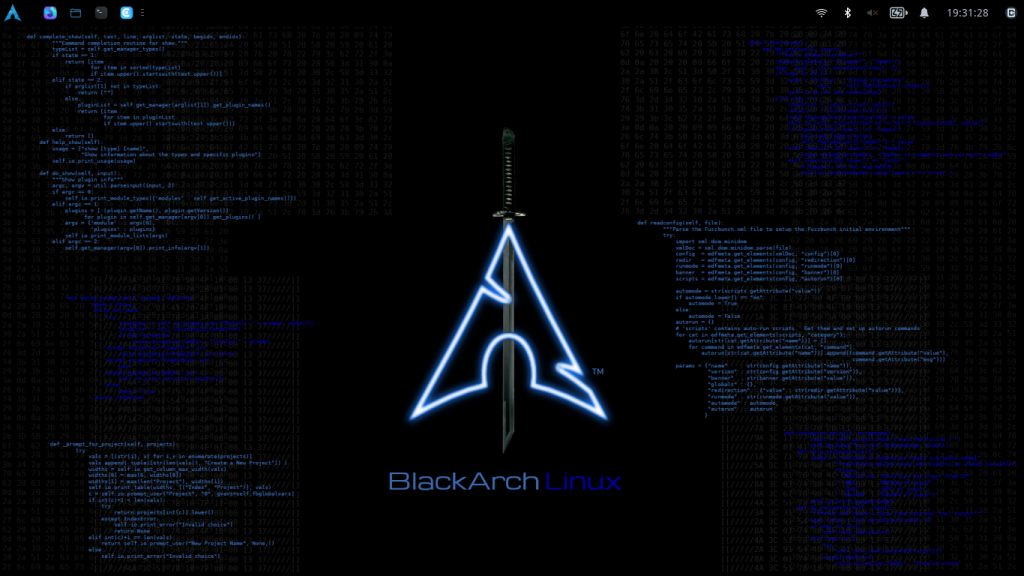In this article, we’re talking about the top Linux distributions for hackers. When it comes to hacking, Linux distributions reign supreme above all other Operating Systems. However, it can be quite daunting to select a particular hacking distro among the vast array available.
Top 5 Linux Distributions For Hackers
Let’s see the top 5 Linux distributions for hackers and how they excel in their own fields! We’ve recently published a list of 5 less-known cybersecurity tools which you can check out if you’re interested in exploring this field further!
1. Kali Linux – Most popular Linux distro for Hackers and Pentesters

Kali Linux is probably the most familiar name in the world of hacking. It is probably the most recognized distro when it comes to hacking. Apart from the usual PC, it can also run on a vast array of devices like :
- Android Devices (Kali Nethunter)
- Virtual Machines
- Cloud
- ARM Devices like Raspberry Pi
- Docker Containers
- Linux Containers
- USB devices
- WSL
It also has 32-bit images, hence can be run on some older computers as well. Besides that, it can be also booted from a Portable USB device which makes it extremely portable.
Kali Linux has a pristine suite of all the major tools from Network Pentesting to Web Application, it got you all covered. It is based on Debian and XFCE is the default desktop environment, but it can run a variety of DEs and WMs like Gnome, KDE Plasma, i3, etc.
However, Kali Linux is of a rolling-release nature and hence it is prone to bugs and crashes. This makes it unsuitable as a daily driver. It is advised to use it in a virtual machine or as a live environment. Kali Linux is the perfect fit for beginners to advanced personnel in this field alike.
2. CAINE – Top distro with a focus on digital forensics

CAINE (Computer Aided INvestigative Environment) is an Italian GNU/Linux live distribution created as a Digital Forensics project. Unlike Kali or other popular hacking distros, CAINE is specifically focused only on Digital Forensics and comes pre-loaded with an arsenal of tools geared for this very purpose.
It is based on Ubuntu and it is advisable to run it as a Live Image from a USB device so as not to tamper with the main system. It also goes with a nice GUI environment which makes it super easy to navigate and helps to curate a well structured report of a Forensic analysis.
3. Security Onion – Linux distro for Blue Team Operations
Security Onion is an industry-standard free, open-source Linux distribution, which is great for threat hunting, enterprise security monitoring, log management, and other Blue Team activities. Unlike other distros discussed in this module, Security Onion is primarily focused on the Blue Teaming side of things and has all major tools for this purpose like – Elasticsearch, Logstash, Kibana, Suricata, Zeek (formerly known as Bro), Wazuh, Stenographer, TheHive, Cortex, CyberChef, NetworkMiner, etc.
It also has an workstation install option for SOC analysts which allows them to use local Linux tools to perform analysis of network and host events. It is also highly scalable in nature and hence can manage every thing from small scale to enterprise level servers. Even though it was initially based on Ubuntu, from Security Onion 2, it moved from Ubuntu packages to containers and now supports both CentOS 7 and Ubuntu 18.04.
Its also has a very versatile GUI and outstanding IDS capabilities which makes it one of the most popular tool among Enterprise Level Blue Teamers and Network Administrators.
4. Santoku Linux – Linux distro built for Android security and pentesting.

Santoku Linux is primarily focused on Android security and pentesting. It is has been specifically geared to excel in the fields of Mobile Forensics, Mobile Malware, and Mobile Security. It comes with an arsenal of tools geared towards firmware flashing tools for multiple manufactures and also contains the free versions of some popular Enterprise level propriety tools. It also facilitates android emulations and you can decompile and disassemble Android apps very easily with Santoku Linux’s inbuilt tools.
Santoku Linux also comes with a lot of inbuilt scripts which help you to automate your work. With the help of these scripts, you can very easily detect common bugs in android applications and automate the process of decrypting binaries, deploying apps, enumerating app details, and more.
It is based on Lubuntu. Infact, one can download Lubuntu and update it with the Santoku Packages. It is available as a 64 bit bootable ISO image to run on x86_64 machines.
5. BlackArch/Arch – Arch-based cutting-edge Linux distro for hackers

Last but not the least we have the Beast itself. Vanilla Arch can be easily converted into an Hacking Beast by using the repositories of BlackArch (which has over 2000 tools) and Arch-Strike (which has over 500 tools). The best part about using this method is that you can take any Arch Based Distro and turn it into an hacking beast, so even if Vanilla Arch scares you, you can go for more user friendly variants like Manjaro or RebornOS and turn them into hacking beasts.
Besides that, you can also grab a variety of packages from AUR repositories, and in case you get stuck at any point, you can always refer to the ArchWiki or Forums where they have abundant help available.
Conclusion
Apart from the ditros discussed above, you can find many other Pentesting Distributions like Parrot Security, Pentoo, BackBox, etc which you can browse till you find your perfect match. You can also turn any Linux distro into a hacking machine by installing the necessary packages and use it for hacking and pentesting as well !





